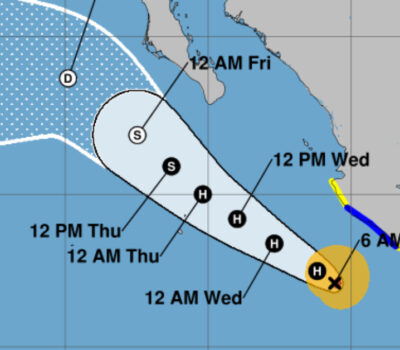In 2007, MIFUMI a non-governmental organization opposed to bride price petitioned the court arguing that bride prices were to blame for the continued rise in cases of domestic violence and early marriages.
In Uganda, the bride price is the gift that is given as a token of appreciation by grooms to the families of their brides.
Under the original custom, women were ordered to pay a refund-which most likely meant returning livestock gifts-if the marriage ended.
The court’s ruling, however was welcomed by the campaigners who say women have had to remain in unhappy marriages because of a failure to refund the bride price.
While the judges didn’t rule the bride price practice as unconstitutional, the majority agreed that the process was demeaning to women.
In a 2009 study, 99 percent of respondents who had experiences with domestic violence said that bride price had been a significant factor in the violence.
Women’s rights groups have long argued that the threat of having to repay the bride price can trap women in abusive and violent relationships.
For now, it immediately quashes all the civil cases in court that are demanding the refund of bride price.
Bridesmaids attend to the dress of the bride as she takes a wedding photo with her husband. However, most women do not have the same wealth as their husbands.
However, the ruling will also have far-reaching implications on gender relations, culture and women’s rights in Uganda.
But as most of the judges acknowledged many Ugandans support the idea of a bride price, which they do not see as a commercial transaction.
A panel of five constitutional judges unanimously upheld the view that grounds for divorce must apply equally to all parties in a marriage.
In 2007, MIFUMI a non-governmental organization opposed to bride price petitioned the court arguing that bride prices were to blame for the continued rise in cases of domestic violence and early marriages.











